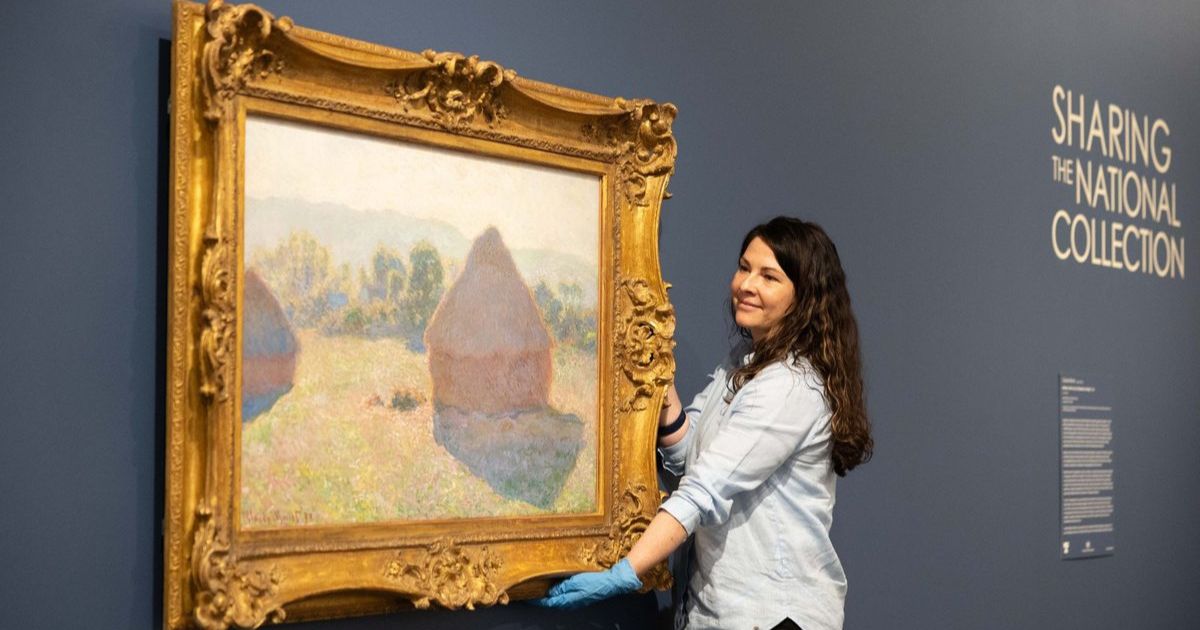Moments matter in combating loneliness

Lived experience advisory panel chair Nic Bloom works closely with Ending Loneliness Together. Photo: SUPPLIED
NEW national research has revealed that a loneliness crisis is engulfing young Australians and that two in five young people in the Northern Rivers are lonely.
During Loneliness Awareness Week (August 4 to 10), national peak body Ending Loneliness Together (ELT) is encouraging people to share their experiences on the 2025 theme, ‘Moments Matter’.
ELT presented the A Call for Connection: Understanding and Addressing Youth Loneliness in Australia report at Parliament in Canberra on July 31.
CEO and scientific chair Associate Professor Michelle Lim said that young people often felt pressured to have a best friend, a lifelong mate, or a large group to feel less lonely.
“Loneliness is not the same as being alone – you can be surrounded by people and still feel lonely,” Lim said.
“That’s because loneliness relates more to the quality of our relationships, rather than the quantity.”
The research found that young people experiencing poor physical health were two times more likely to experience persistent loneliness, and young people experiencing poor mental health were nearly three times more likely to experience persistent loneliness.

Tellingly, digital platforms offered a means of social connection but can also lead to exclusion, and young people who experience the death of a friend are almost two times more likely to be persistently lonely.
Co-chair of the Lived Experience Advisory Group Nic Bloom said that change occurred through a series of small, consistent steps, and simple actions made a significant difference.
“Sharing homemade food with neighbours, being genuinely curious about colleagues as people beyond their roles, or volunteering with a local community group can help,” Bloom said.
Bloom said loneliness and social isolation had grown as the increasingly digital world had gradually replaced traditional community gathering and face-to-face interactions.
“What gives me hope is seeing ELT build a solid foundation of scientific understanding around loneliness while simultaneously working to change how we talk about it,” he said.
For more information, visit lonelinessawarenessweek.com.au


















